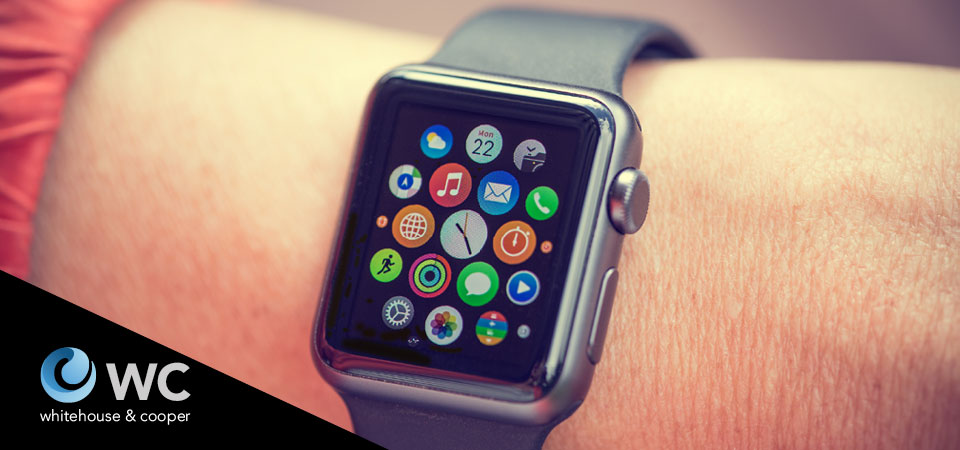
IP Video Surveillance: What You Need to Know Before You Hit “Record”
In the world of retail, the holiday season is a time of Black Friday sales, seasonal employees, pointy elbows in checkout lines – and shrinkage. Retail shrinkage, the loss of store inventory that is most often the result of shoplifting (38 percent) and employee theft (34.5 percent), has occurred at 95 percent of retail stores, according to the National Retail Federation. Unfortunately, ‘tis the season to be stealing, as crime rates increase by 30 percent during the holiday season.
This is just one reason why many retailers, like companies in a number of industries, are using IP video surveillance. IP video surveillance uses sophisticated digital cameras and network video recorders to produce high-quality video that is transmitted as data over a network and automatically stored. Using an Internet-connected device, administrators can remotely monitor video in real time or retrieve footage from storage for on-demand viewing.
IP video surveillance helps organizations quickly respond to criminal or suspicious activity and acts as a deterrent to crime. Video is often used as evidence when investigating theft, vandalism, violent crimes, disputes involving employees and/or customers, and claims of falls and other injuries. It can even be used to evaluate employee performance, track customer behavior, train employees and improve customer service.
But is video surveillance legal? Not if you violate a person’s Fourth Amendment right to privacy.
Most people recognize that video surveillance may be used in public places and common areas such as entrances and exits, elevators, stairwells, parking garages, lobbies, waiting rooms, sales floors and checkout areas. However, people have a reasonable expectation of privacy in areas such as bathrooms, dressing rooms, locker rooms and exam rooms. In the state of Florida, it is illegal to use video surveillance in these areas.
Florida also requires consent from all parties for the use of video surveillance. Generally, organizations should post signs that indicate the use of video surveillance — customers who patronize the organization are consenting to video surveillance and allowing themselves to be recorded. In some cases, verbal or written consent is required, however.
People who rent an apartment or house in Florida are required to get the consent of the property owner before installing video surveillance equipment, and this requirement could apply to organizations that rent property. For example, if you rent office space, a retail store or a warehouse, you could run into legal trouble if you use video surveillance without the property owner’s permission.
If you operate in states in which no such laws exist, courts will determine if an individual’s privacy has been infringed upon based on two factors. First, is it necessary for the business or organization to conduct video surveillance? Second, does the employee or customer have a reasonable expectation of privacy?
The key with video surveillance is to carefully consider the placement of cameras and use sophisticated IP-based technology that can block certain areas of a video stream. For example, your video camera can capture waiting room activity, but it shouldn’t show people entering and exiting the bathroom. It can capture checkout activity, but it shouldn’t capture credit card numbers. The use of video surveillance must meet regulatory compliance requirements and strict rules for recording children. Also, keep in mind that you could be pulled into police investigations and legal proceedings if your cameras pick up criminal activity outside of your facility, even if it has nothing to do with your organization.
Before you purchase IP video surveillance cameras and software, and before you hit “record,” understand the privacy rights of your employees and customers. Consider consulting with an attorney to develop a video surveillance strategy that minimizes your legal risk.
© Copyright 2011 – 2023 Whitehouse & Cooper, PLLC. All rights reserved. Privacy Policy
No products in the cart.


